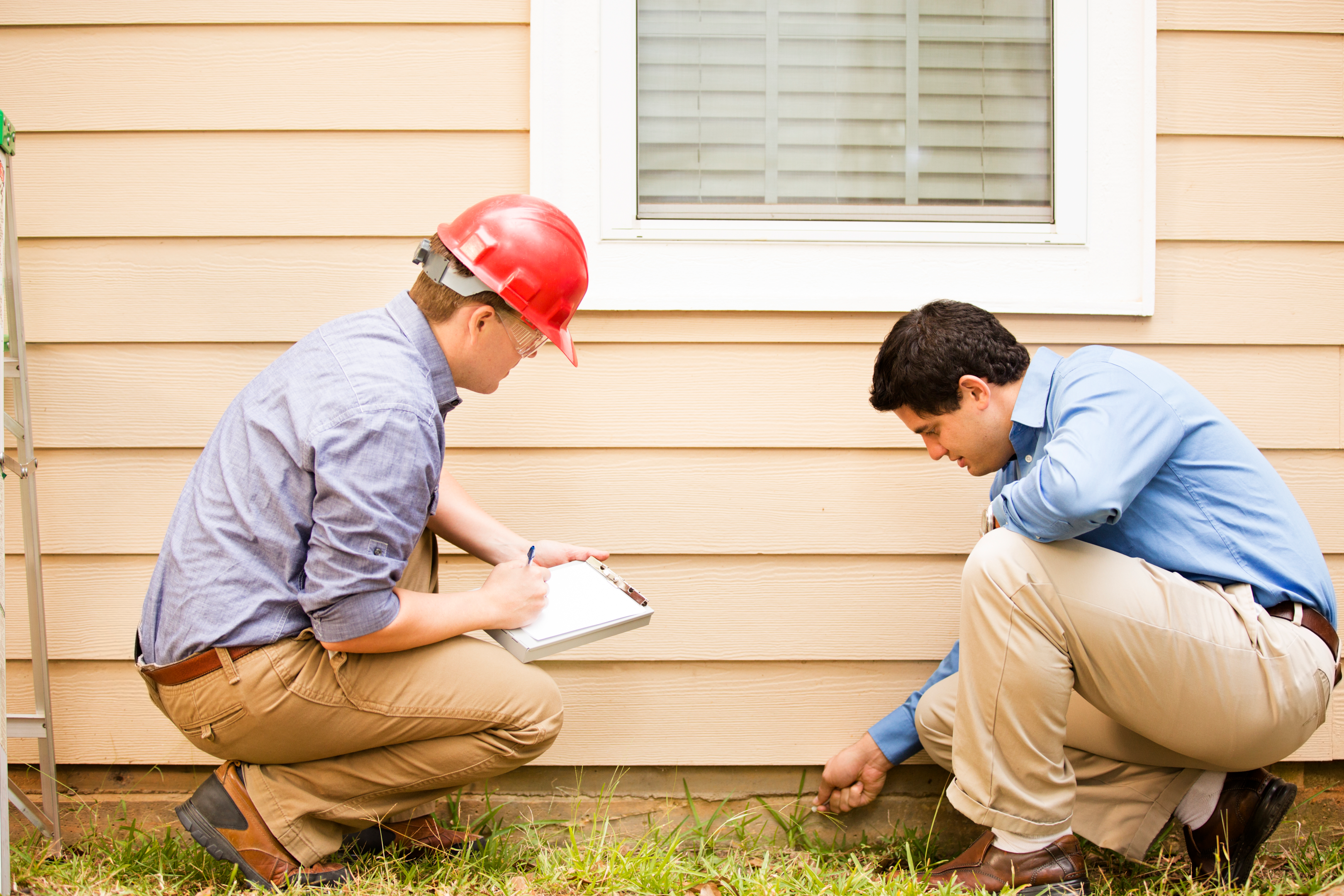Understanding the Inspection Process

When navigating the real estate market in Florida, understanding the inspection process is crucial for both buyers and sellers. Inspections can significantly influence the outcome of a transaction, impacting negotiations and final decisions. This blog will explore the inspection process from both perspectives, providing insights to help you navigate this essential step effectively.
The Importance of Home Inspections
For buyers, a home inspection is an opportunity to uncover potential issues with a property before finalizing the purchase. It serves as a safeguard against unexpected repairs and expenses after closing. For sellers, being proactive about inspections can enhance the appeal of their property and streamline the selling process.
The Buyer’s Perspective
1. Choosing an Inspector: Buyers should select a qualified home inspector who is licensed and experienced in Florida's unique housing conditions. It’s advisable to ask for recommendations from real estate agents or friends who have recently purchased homes.
2. What to Expect During the Inspection: A typical home inspection takes about two to three hours, depending on the property's size and condition. Inspectors will examine various aspects of the home, including:
- Structural Components: Foundation, walls, roof, and other critical structural elements.
- Systems: Electrical, plumbing, heating, and cooling systems.
- Interior Features: Windows, doors, appliances, and overall interior condition.
- Exterior Elements: Siding, gutters, landscaping, and drainage systems.
3. Understanding the Report: After the inspection, buyers receive a detailed report outlining any issues found during the evaluation. It’s essential to review this report carefully and understand its implications. Not all findings are deal-breakers; some may simply require routine maintenance or minor repairs.
4. Negotiating Repairs: Armed with inspection findings, buyers can negotiate with sellers for repairs or concessions. In Florida’s competitive market, it’s vital to approach negotiations tactfully. Buyers may request that specific issues be addressed before closing or ask for a credit at closing to cover repair costs.
5. Final Walkthrough: Before closing on the property, buyers should conduct a final walkthrough to ensure that any agreed-upon repairs have been completed satisfactorily.
The Seller’s Perspective
1. Pre-Listing Inspections: Sellers can benefit from conducting their own inspections before listing their property. This proactive approach allows them to address potential issues upfront and can lead to a smoother transaction process.
2. Disclosing Known Issues: Florida law requires sellers to disclose known defects in the property. Being transparent about any existing problems can build trust with potential buyers and reduce the likelihood of disputes later on.
3. Improving Marketability: Addressing minor repairs identified during a pre-listing inspection can enhance a property's appeal. Buyers are often more inclined to make an offer on a well-maintained home that shows pride of ownership.
4. Setting Realistic Expectations : Sellers should understand that no home is perfect; inspections will likely reveal some concerns regardless of how well-maintained a property is. Setting realistic expectations about negotiations post-inspection is essential for avoiding frustration.
5. Responding to Inspection Findings: Once an offer has been made and an inspection conducted by the buyer’s inspector, sellers should be prepared to respond promptly to any requests for repairs or credits. A cooperative attitude can facilitate negotiations and keep deals moving forward.
Common Issues Found in Florida Homes
Florida’s climate can lead to specific issues that may be uncovered during inspections:
- Moisture Problems: Due to high humidity levels, mold and mildew can develop if not properly managed.
- Roof Damage: Hurricanes and tropical storms can cause wear over time; ensuring roofs are in good condition is crucial.
- Pest Infestations: Termites are prevalent in Florida; regular pest inspections are recommended as part of home maintenance.
- Electrical Issues: Older homes may have outdated electrical systems that don’t meet current safety standards.
Conclusion
The inspection process is an integral part of buying or selling real estate in Florida. For buyers, it provides peace of mind by identifying potential issues before committing to a purchase; for sellers, it offers an opportunity to present their property in the best light possible while minimizing surprises during negotiations.
By understanding each side's perspective on inspections—what they entail, how they impact negotiations, and common issues specific to Florida—both buyers and sellers can navigate this critical phase with confidence and clarity. Ultimately, being informed about the inspection process helps create smoother transactions that benefit everyone involved in the real estate market.
Categories
Recent Posts
Leave a reply

